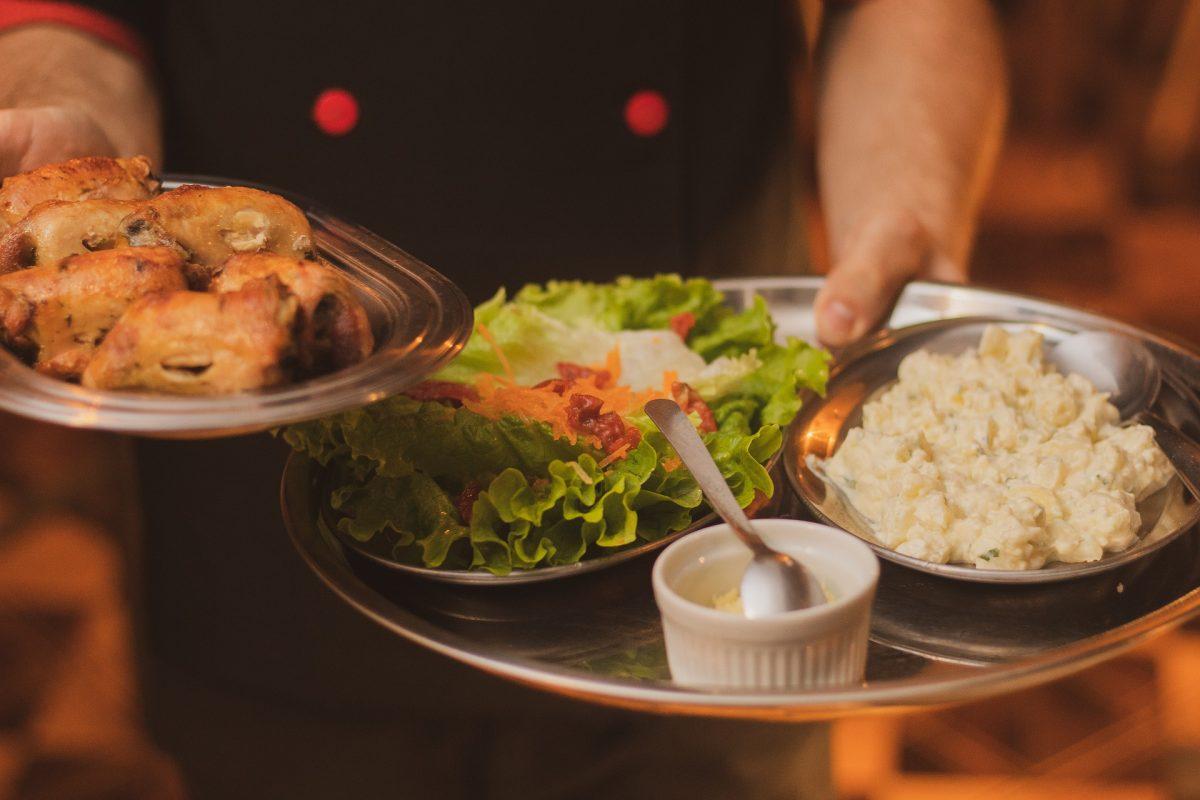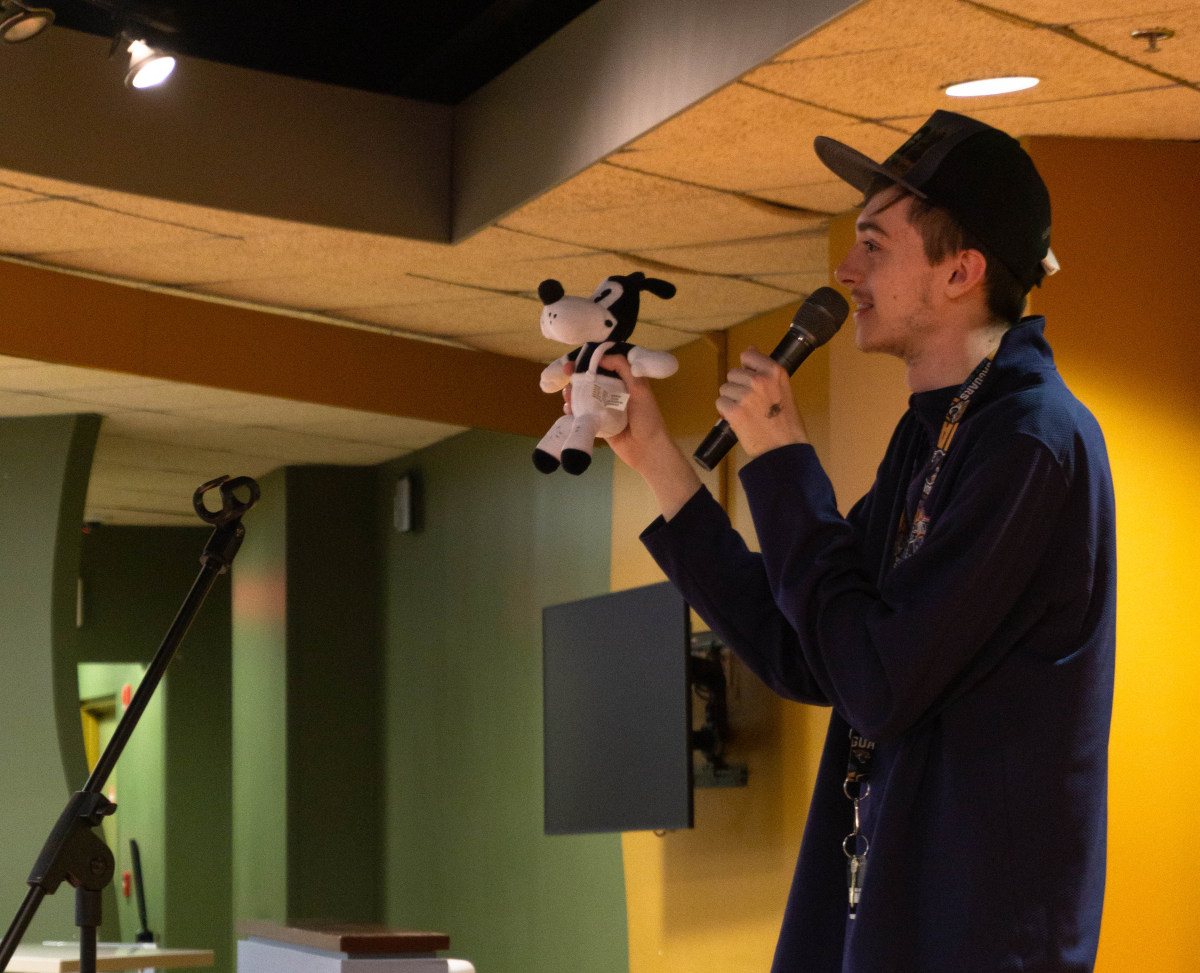With the myriad expenses that are required for college courses, many college students, including myself, turn to part-time or even full-time jobs to afford an education.
One such job that provides a relatively steady stream of cash income, schedule flexibility and overall convenience is serving.
As a former waitress myself, I can attest to the many positives of the job. On days that I didn’t have school, a weekend nighttime shift at the restaurant I worked at almost guaranteed a yield of at least $100, although most of the time it was well over that amount. For a college student, this is huge; over the course of only three or four days, I could make enough to buy textbooks, pay for gas to get to school and have a meal every day I was on campus.
However, the job doesn’t come without its downsides.
Aside from the occasional bad tipper, serving can be an ultimate test of how much abuse you can take from strangers, particularly over things you cannot control. Before I’d managed to grow a thick skin, I would often find myself crying in the employee bathroom. There were days when I’d sit in my car before work with a pit in my stomach, dreading to walk in. There was a time when a customer screamed in my face over a bad omelette on a busy Sunday morning, and I had to stand there and take it lest I lose my job. It’s not for the faint-hearted.
At the onslaught of the pandemic, I was at the peak of misery over my job. Although I’d found a great restaurant to work at, dealing with entitlement, belittlement and maintaining a constant people-pleasing mentality was wearing down on my mental health.
Losing my job due to COVID-19 was actually a blessing in disguise. During the shutdown over the summer, I realized I was actually much happier, and my vocabulary was changing. Where before I would say “I hate my life,” “This sucks” or “I can’t do this” at the beginning of the day, I was waking up with positivity.
And then restaurants in New Jersey opened back up in September.
The pandemic brought with it a set of unique circumstances. While employees are now required to wear masks and gloves for safety, a current anti-mask trend has led to notable viral videos of retail and food service employees being accosted, belittled and even assaulted at the hands of noncompliant guests. This is compounded by the fact that employees in positions such as food service or retail are at a greater risk of getting coronavirus due to constant proximity to others, and because many businesses require those same employees to also check and sanitize bathrooms and other areas of possible virus transmission.
To put it simply, being “front of house” in any establishment is now a dangerous field to work in, and this is worsened by a new wave of individuals who believe that COVID-19 doesn’t exist or perhaps won’t ever “get” them. This has increased the strain on people in food service industries that were already dealing with other stressors related to the nature of the job.
Tori Clay, a 22-year-old senior biology major at Rowan, works as a server at two restaurants. Her experiences during the pandemic have been mixed.
“Some people are aware that the servers have no real control of the protocols put in place, and that we’re just trying to pay our bills…these people are respectful of the mask rules…and will go out of their way to thank me [for serving] during the pandemic,” she said, “and then you have problematic people who don’t understand why we can’t allow large parties, who refuse to wear masks…and who in general make our jobs much more difficult to execute in a safe manner.”
For college students in particular, juggling school and work is a balancing act that has also been affected by coronavirus.
“I feel like professors have decided to load up on coursework under the assumption that we’ll be at home and have time for more work,” Clay said. “Unfortunately, I have bills to pay and both my jobs went through rough times during the shutdown, so I can’t really afford to cut my hours to focus on schoolwork unless I want to potentially risk losing one of them.”
I mirror this sentiment in that I feel the new format of classes gives professors a sense of access to students in a way they never had before. For example, I have a class where my professor requires (and demands) that we turn on our cameras, and while I see the purpose in this, I feel that not everyone should be forced to show their living situations.
As for serving, however, I’ve relegated to hostessing instead, where I’m less hands-on with guests and can take a breather from verbal entanglements with strangers.
Whatever the case may be, it goes without saying that we as a college community should lead with kindness and understanding, especially towards those who put themselves at risk everyday.
For comments/questions about this story, email [email protected] or tweet @TheWhitOnline.
























































































































































!["Working with [Dr. Lynch] is always a learning experience for me. She is a treasure,” said Thomas. - Staff Writer / Kacie Scibilia](https://thewhitonline.com/wp-content/uploads/2025/04/choir-1-1200x694.jpg)















































